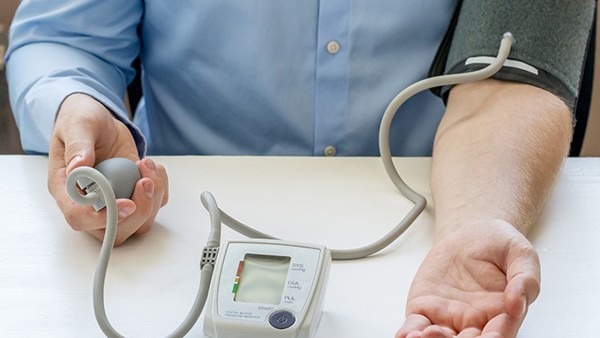Three Digestion Tips to Avoid Food Accumulation

Digestion is the process of breaking down food into smaller components that can be absorbed by the body. When digestion is not working properly, food can accumulate in the stomach and intestines, leading to a variety of symptoms, including bloating, gas, constipation, and diarrhea.
There are a number of things that can contribute to poor digestion, including:
Eating too quickly
Not chewing food thoroughly
Eating large meals
Eating fatty or spicy foods
Drinking alcohol or caffeine
Smoking
Stress
Certain medical conditions
If you are experiencing symptoms of poor digestion, there are a few things you can do to help improve your digestion and avoid food accumulation.
1. Eat slowly and chew your food thoroughly.
When you eat too quickly, you don't give your body enough time to break down the food properly. This can lead to food accumulation in the stomach and intestines. Chewing your food thoroughly helps to break it down into smaller pieces, which makes it easier for your stomach to digest.
2. Eat smaller meals.
Eating large meals can put a strain on your digestive system, leading to food accumulation. Try to eat smaller meals more frequently throughout the day. This will help to keep your digestive system working properly and prevent food from accumulating in your stomach and intestines.
3. Avoid fatty and spicy foods.
Fatty and spicy foods can be difficult to digest, and they can contribute to food accumulation. If you are experiencing symptoms of poor digestion, try to avoid these foods.
4. Drink plenty of water.
Water is essential for good digestion. It helps to break down food and move it through the digestive tract. Drinking plenty of water can help to prevent food accumulation and keep your digestive system working properly.
5. Get regular exercise.
Exercise can help to improve digestion by stimulating the muscles in the digestive tract. This helps to move food through the digestive tract more quickly and prevents food from accumulating in the stomach and intestines.
6. Manage stress.
Stress can have a negative impact on digestion. When you are stressed, your body produces hormones that can slow down digestion. This can lead to food accumulation in the stomach and intestines. Try to find ways to manage stress in your life, such as exercise, yoga, or meditation.
7. See a doctor if your symptoms persist.
If you are experiencing symptoms of poor digestion that are not improving with lifestyle changes, see a doctor. There may be an underlying medical condition that is causing your symptoms.
The above is all the content that the editor wants to share with you. I sincerely hope that these contents can bring some help to your life and health, and I also wish that your life will be happier and happier.
Tags: #tips #digestion #three














